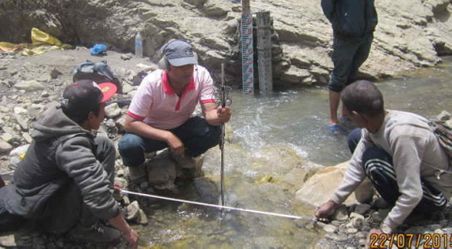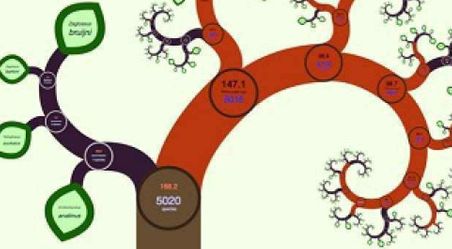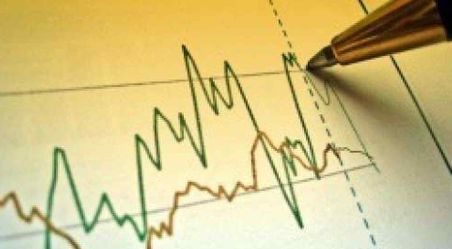How can we utilise the vast, and ever increasing, amount of data generated by modern society, and what difficulties and risks must we be aware of when producing, analysing and sharing this powerful information? Find out more from the case studies below:
Row1

Collaboration with the Alan Turing Institute
How can data can ensure that vital infrastructures remain resilient and robust from improving airplane safety to stabilising bridges? Professor Mark Girolami: "The main vision is for engineering to enhance the safety of people and of property".

Facilitating sustainable development activities
Rivers, and the fresh water they produce, can be integral for local communities worldwide. In the Himalayan uplands water security can be compromised by the effects of natural disasters and climate change, and these challenges are compounded by lack of useful data about the regional water systems. Find out how Grantham Institute research is involving local communities in monitoring water and land resources, creating new data and knowledge, improving conventional decision making and optimising water resource benefits.

Statistics in retail banking
Credit is an important, driving mechanism in the economy. The Consumer Credit Research Group focus their research on retail credit - that is, financial services for individual people, not corporations, investors, etc. Advances made by the group benefit consumers and the economy by helping to ensure that credit is given only when the applicant qualifies.
- Watch Professor David Hand's 2017 Schrödinger Lecture about the challenges involved in working with big data
Row2

OneZoom Tree of Life
Modern computing has enabled large amounts of data to be captured and stored, and has revolutionised many branches of science. These advances, however, lead to challenges, such as how to explore and visualise large data sets.
Find out more about OneZoom Tree of Life's work on "Big Data"

Support us
Help us continue our work by donating to the College and directing your donation to the Faculty of Natural Sciences.